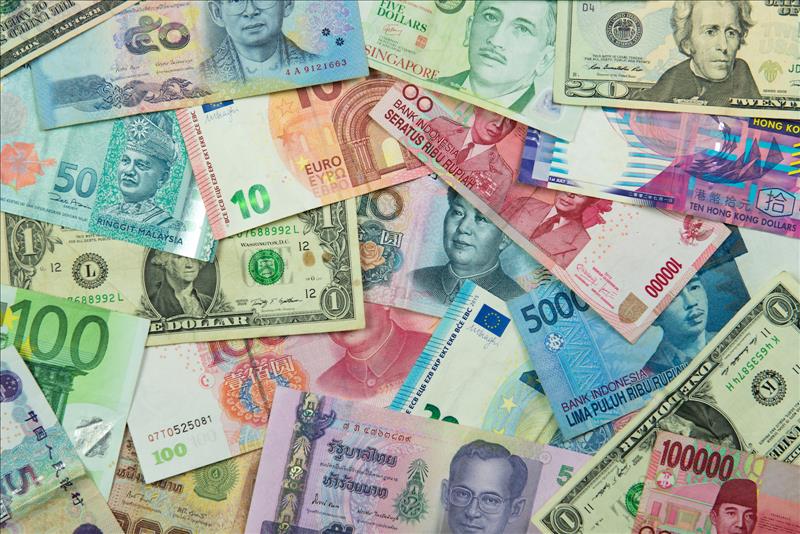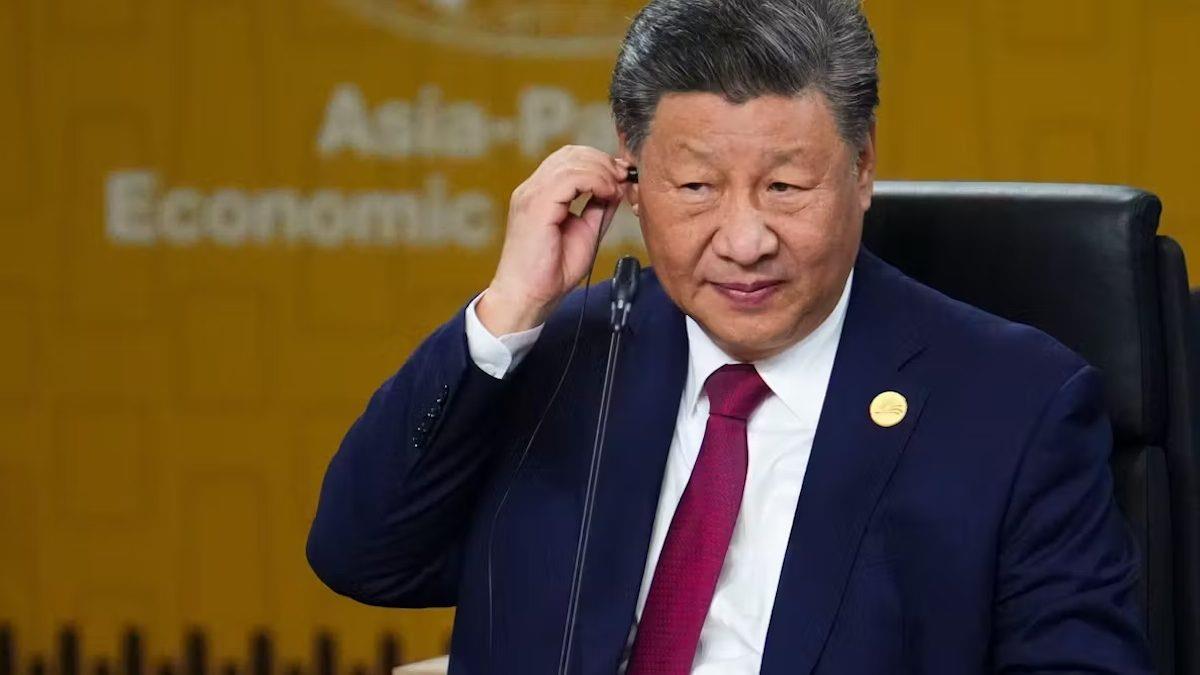
Trump Power Deflating Asian Currencies
That's raising significant concerns about imported inflation and the challenges higher-priced goods will pose to regional governments and central banks' economic and monetary policymaking.
For Asian economies, where the US is a key trade partner and many commodities-notably oil-are priced in dollars, a weaker local currency inflates the cost of imports. This imported inflation trickles down to consumer prices, raising the cost of living and eroding purchasing power.
In China, a depreciating yuan exacerbates inflationary pressures on key imports such as semiconductors and agricultural products, which are critical to its manufacturing sector and food supply chain.
Similarly, in South Korea , the won's depreciation not only raises the cost of imported energy and raw materials but also threatens to erode the profitability of export-oriented industries, as higher production costs offset the competitive advantage of a weaker currency.
A key concern for policymakers is how currency-induced inflation can spiral.
When businesses and consumers anticipate that prices will continue to rise, they often adjust their behavior-companies may increase prices preemptively, while households might accelerate purchases anticipating higher future prices.

Legal Disclaimer:
MENAFN provides the
information “as is” without warranty of any kind. We do not accept
any responsibility or liability for the accuracy, content, images,
videos, licenses, completeness, legality, or reliability of the information
contained in this article. If you have any complaints or copyright
issues related to this article, kindly contact the provider above.





















Comments
No comment